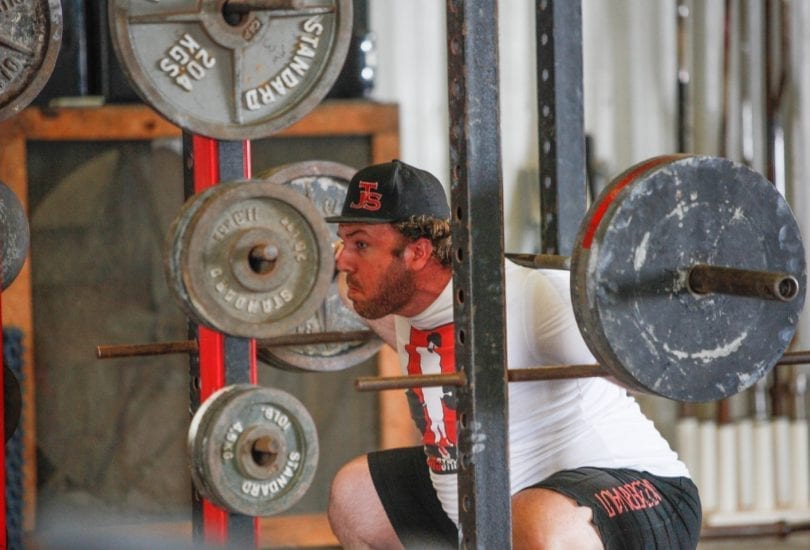Written by Jacob Tsypkin
I am a CrossFit coach. I am a weightlifting coach. I am, to a lesser extent and for fewer athletes, a powerlifting coach.
My job is to prepare athletes for competition in these sports. I am not qualified to prepare football players for their sport, or basketball players, ruggers, skiers, or cyclists.
As the CrossFit community grows, and as strength sports find themselves slipping further and further into the mainstream, coaches from various disciplines seem to be cross-pollinating into each other’s fields. And, though it may seem like an innocuous practice, I think this attempt to move into realms in which we are not experts creates a host of unintentional problems, affecting our own disciplines, those of the coaches who are trained to do the jobs we aren’t, and most importantly, the athletes under our tutelage.
Although there are certainly CrossFit coaches, weightlifting coaches, and powerlifting coaches who are qualified to work as strength and conditioning coaches for other sports, mere knowledge and experience in only CrossFit, weightlifting, or powerlifting is not sufficient.
Wikipedia defines a strength and conditioning coach thusly: “A strength and conditioning coach is a fitness professional who uses exercise prescription specifically to improve performance in athletic competition.” Now, in our own way, coaches of competitive weightlifters, powerlifters, CrossFitters, are strength and conditioning coaches, but only for those sports. But this definition, and this designation of ourselves as S&C coaches in our own sports, leads us to an important implication: being a strength and conditioning coach takes specific training in a given field.
But why is any of this important?
The most common lament I hear from S&C coaches working with high school and college football players is that the football coach insists on dictating the strength and conditioning program. These same strength and conditioning coaches are our peers in the field. They do for football players, basketball players, ruggers, skiers, and cyclists what we do for the athletes who compete in our community. As our sports continue to gain traction and popularity, it is important that we lay a foundation of respect for our fellows and their work. The football coach is displaying a lack of respect – if unintentionally – towards the field and the work involved in developing effective strength and conditioning programs.
In our efforts, no doubt well-intentioned, to work with athletes across all sports, we similarly disrespect the coaches who are expert in their fields. We also undervalue ourselves, insinuating that there isn’t enough challenge or complexity in our own fields to fully engage us.
Of course, there are coaches in our community doing great work with athletes in other sports. CrossFit Kids seems to me of particular value in changing the way we view the development of young athletes (and, for that matter, non-athletes). But when we claim expertise which we do not have, we also risk doing a disservice to the athletes under our guidance. And that alone, ultimately, should be enough to dissuade us from attemping to shift our focus to tasks for which we are not adequately equipped.
Our field is enough on it’s own. CrossFit, weightlifting, and powerlifting coaches are able to make a living within their own sports, focusing on athletes with whom we are qualified to work. Respecting the work of other coaches, our peers in similar but not identical fields, can only help our community and our practice.





